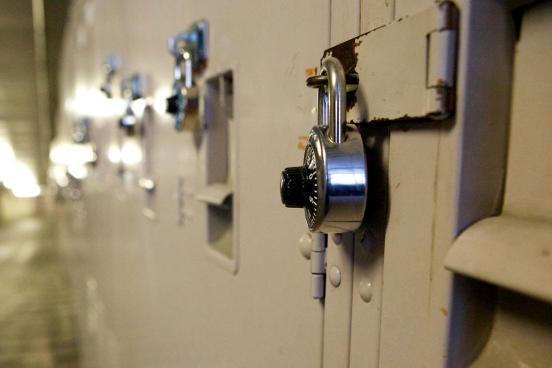Families sue Vermont for religious discrimination

BURLINGTON, Vt. – Alliance Defending Freedom attorneys representing two students, their parents, and the Roman Catholic Diocese of Burlington filed a federal lawsuit against Vermont officials Tuesday for discriminating against children based on the religious status of the high schools they attend.
Vermont maintains a Dual Enrollment Program, under which high school students take college courses at public expense. The program’s main purpose is to promote opportunities for students to achieve postsecondary readiness through high-quality educational experiences. Students at public, secular private, and home-schools are eligible, but the state categorically excludes students at private religious high schools, such as Rice Memorial High School, which the Roman Catholic Diocese of Burlington owns and operates.
“Students should have every opportunity to pursue their educational goals. That’s especially true in this case, where the government isn’t spending any money on religious education. Vermont is discriminating against students purely based on which kind of school they come from,” said ADF Legal Counsel Christen Price. “Vermont’s program includes public, private secular, and home-school students. Only students from private religious schools are completely excluded.”
The Dual Enrollment Program statute incorporates by reference the eligibility criteria for the separate and different Town Tuitioning Program. The Vermont Constitution has been interpreted to forbid state funding of religious secondary school education through the Town Tuitioning Program, but, as the lawsuit observes, Vermont officials cannot plausibly argue that the state constitution requires excluding religious high school students from the Dual Enrollment Program as well.
“The state is paying for college courses, not tuition for a religious high school,” the complaint filed in A.M. v. French with the U.S. District Court for the District of Vermont explains. “The Dual Enrollment Program statute discriminates against students attending religious high schools not because of the content of college courses they wish to take, but instead because of the religious status of the high schools they attend. The Dual Enrollment Program statute also draws an irrational and indefensible distinction between home-schooled and private school students, allowing the former to participate while excluding the latter. No constitutional or public policy rationale justifies this classification.”
“The government is constitutionally required to treat religious people equally,” said Price. “As the U.S. Supreme Court held just the year before last, a state cannot discriminate against students by excluding them from generally available public benefits simply because they attend a religious school.”
The U.S. Supreme Court’s 2017 decision in the ADF case Trinity Lutheran Church v. Comer decision affirmed that a state cannot deny “a qualified religious entity a public benefit solely because of its religious character.” The court said such discrimination on the part of the state is “odious to our Constitution…and cannot stand.”
Thomas E. McCormick, one of more than 3,200 attorneys allied with ADF, is serving as co-counsel for the students, their parents, and the Diocese.
Alliance Defending Freedom is an alliance-building, non-profit legal organization that advocates for the right of people to freely live out their faith.
# # # | Ref. 62523
